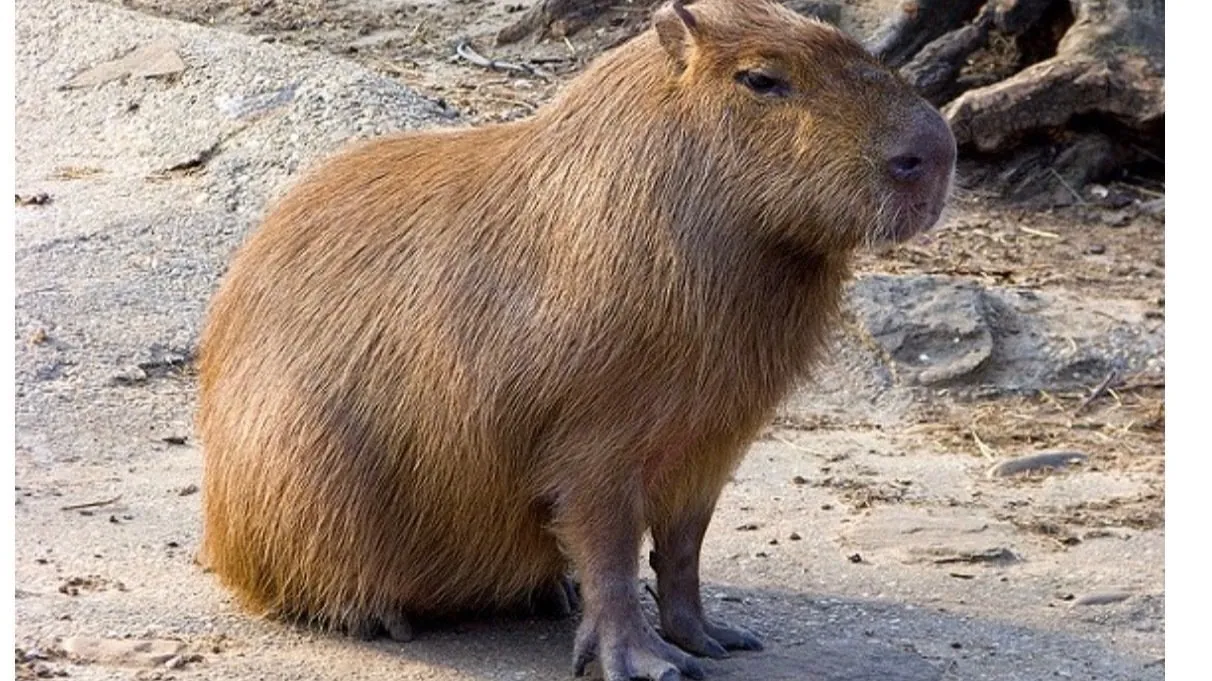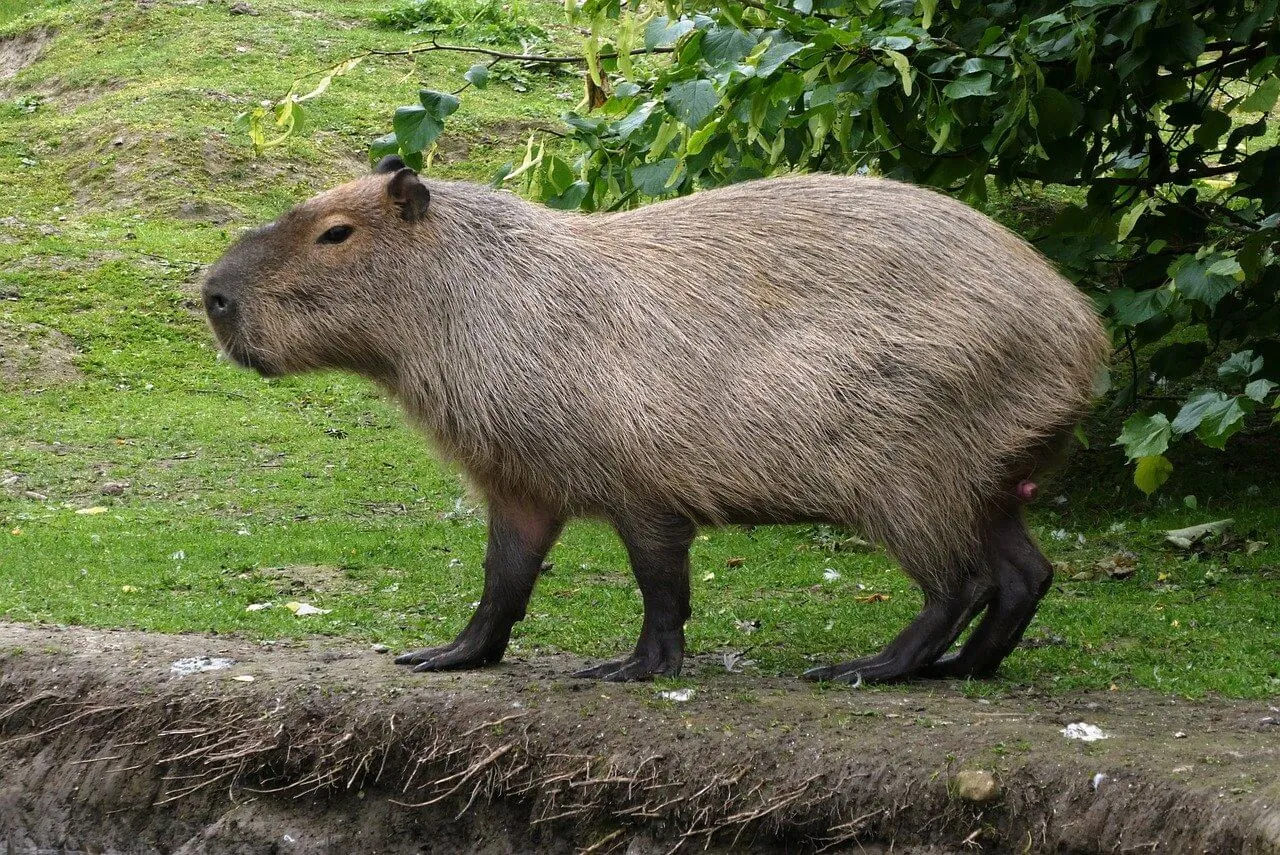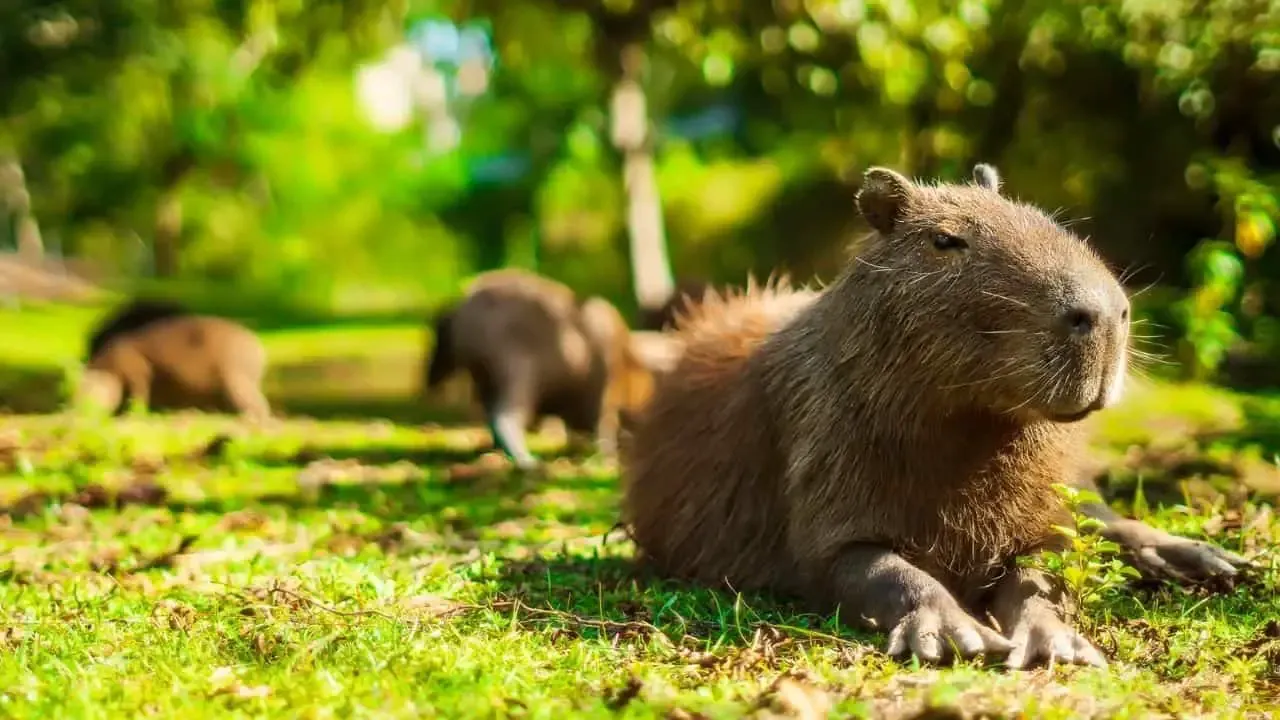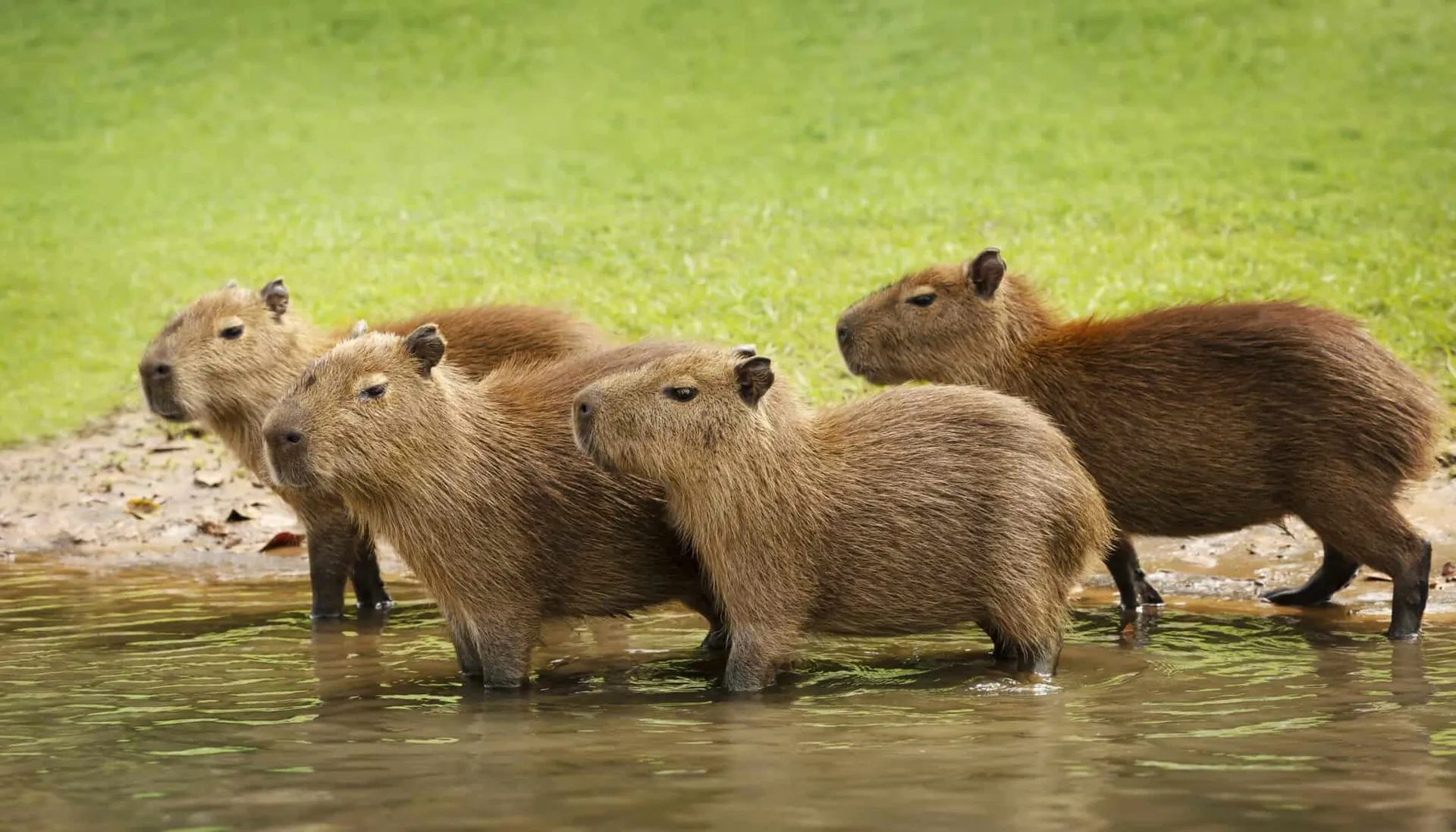Picture this: you’re scrolling through your feed, and up pops a video of a capybara lounging in a pool, surrounded by ducks, looking like the chillest animal on the planet. Naturally, the question pops into your head: Can I actually have a pet capybara here in Georgia?
Spoiler alert: the answer is no. But stick with me—there’s a lot to unpack here.
Why Can’t You Own a Capybara in Georgia?
Georgia has some pretty strict laws when it comes to exotic pets, and capybaras are on the “no-go” list. Why? Because the state’s Department of Natural Resources (DNR) is all about protecting local wildlife and making sure we don’t accidentally create an ecological mess.
Capybaras are classified as exotic animals in Georgia, meaning they’re illegal to own as pets. Here’s why:
- They’re not from around here: Capybaras are native to South America. Releasing or accidentally letting one escape into Georgia’s wild would disrupt local ecosystems. Imagine a capybara outcompeting local wildlife for food or spreading diseases.
- Safety concerns: Sure, they’re adorable, but capybaras are big—up to 170 pounds! If they feel cornered or stressed, they could act unpredictably.
- Special care requirements: These animals thrive in groups and need lots of water to swim. Without the right setup, their health and happiness take a nosedive.
Are There Exceptions? What About Permits?

Georgia doesn’t budge on this one. Unlike some states that allow exotic animals with a permit, Georgia has an outright ban on capybaras as pets. So, even if you’ve got a dream backyard setup with a pool and all the capybara luxuries, it’s a hard pass.
For reference, some states like Texas and Pennsylvania allow capybara ownership under specific conditions, while places like California and New York join Georgia in the “no capybara” club.
Alternatives for Exotic Pet Lovers in Georgia
So, you’re bummed about the capybara ban. Don’t worry, there are other unique animals you can legally own in Georgia. Check these out:
- Sugar Gliders: These tiny marsupials are as cute as they come. They’re legal in Georgia as long as you meet care requirements. Bonus: they’re super social and love bonding with their humans.
- Certain reptiles: Into low-maintenance pets? Think about a bearded dragon or a corn snake. Both are legal, and they’ve got personality for days.
- Fancy fish: Betta fish, African cichlids, or even a colorful saltwater tank can satisfy your love for exotic creatures.
What Makes a Good Pet for You?

Before you decide on any pet, ask yourself a few questions:
- Do I have the time and resources to care for this animal properly?
- Can I meet its environmental and social needs?
- Is it legal where I live?
Sometimes, we fall in love with the idea of a pet more than the reality. If you’re still dreaming about capybaras, maybe plan a trip to meet some at a wildlife sanctuary instead.
FAQs About Owning Capybaras (and Exotic Pets)

Are capybaras dangerous?
Not usually! Capybaras are gentle giants. But like any animal, they can get defensive if they’re scared or mishandled.
Can you get a permit to own a capybara in Georgia?
Nope. Georgia doesn’t issue permits for capybara ownership. They’re on the prohibited species list.
What states allow capybara ownership?
States like Texas, Pennsylvania, and Florida allow capybaras with certain permits. But always check local laws before considering exotic pets.
Do capybaras make good pets?
For the right owner, sure. But they need a lot of space, water, and companionship (preferably from other capybaras). If you can’t provide all that, it’s better to admire them from afar.
A Friendly Reality Check

I get it—capybaras are crazy cool. They’ve got that zen energy that makes you want to ditch your 9-to-5 and live poolside. But owning one isn’t just a whimsical decision; it’s a big responsibility.
Georgia’s laws are there for a reason. If you’re craving an exotic pet, explore your legal options and make sure you’re ready to meet their needs. And hey, if capybaras still have your heart, find a sanctuary or zoo where you can visit and learn more about them. Sometimes, the best way to connect with nature is by supporting the people who are already doing it right.
Now, go forth and make an informed choice—because the best pet is the one that fits your life and your state’s laws.
